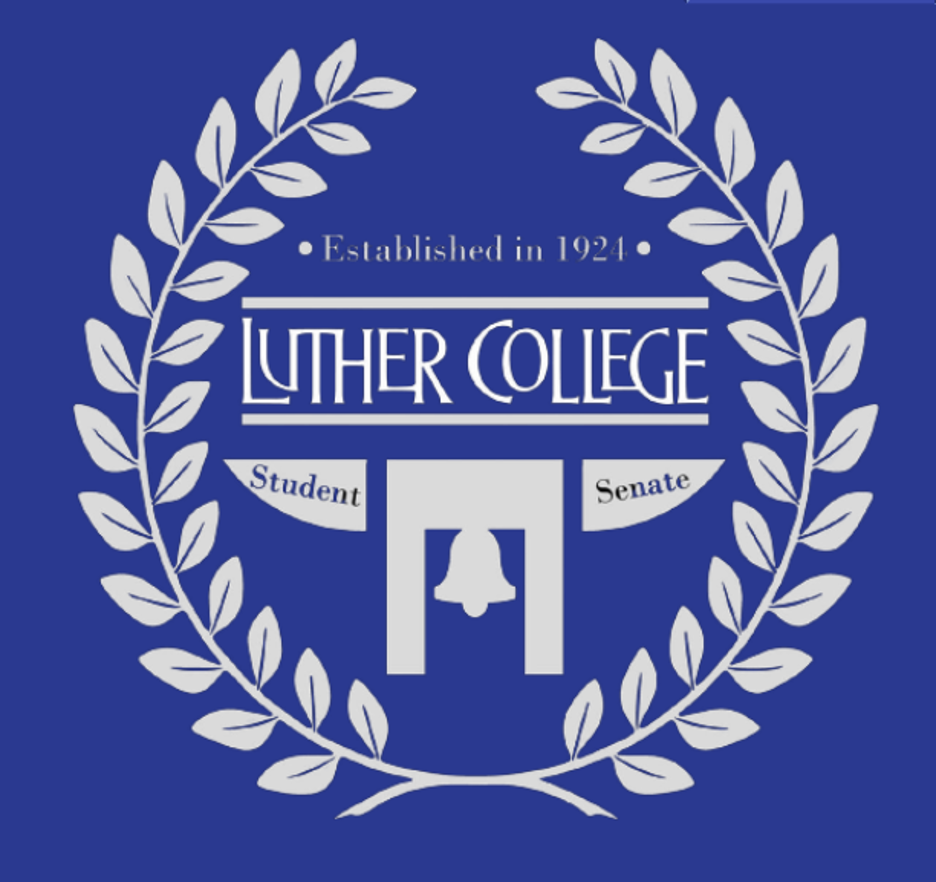The 2023-2024 Luther Student Senate met for their fourth meeting of the fall semester on September 28. Eight new ad hoc committees were affirmed and Assistant to the President for Community Engagement Robert Clay promoted civic engagement among the Luther community.
Senators affirmed the creation of their first ad hoc committee — along with seven others. The focus of these respective committees included finance, religious accommodations and food provisions, summer storage, disability policy and a faculty training project, the Regents Center dress code, mental health and services for Luther students in Rochester, the improvement of Welcome Week and orientation, and the addition of more inclusive student activities.
Before the vote to affirm these committees, Student Senate President Jaraad Afroze Ahmed (‘25) pointed out that Senate has a constitutional rule that requires each ad hoc committee to include two Executive Senators. He acknowledged that there are not enough Executive Senators to make this happen and expressed his intention to amend the constitution at a later date.
The Regents Dress Code Committee was the first up for affirmation. Secretary Hannah Roesler (‘25) motioned to affirm, and Ahmed seconded the motion. The Senate passed the motion, instating the Regents Dress Code Committee as their first ad hoc committee. Each of the seven other aforementioned committees were also affirmed.
Prior to the affirmation of the ad hoc committees, Assistant to the President for Community Engagement Robert Clay spoke on the importance of civic engagement and invited Senators to participate in his upcoming brainstorming sessions for how to better educate Luther community members about the importance of civic engagement. He pointed to a gap in Luther’s promotion of civic engagement.
“As you know, the election year is coming up, and we want to make sure our students are prepared to engage in great conversations, know who the parties are [and] know the political platforms regardless of your belief,” Clay said. “I’ve noticed from doing my research at Luther that we have a gap in that space. I know that there are some political science classes that do some things regarding civic engagement, but we don’t have an Office of Civic Engagement like most campuses.”
To fill this gap, Clay proposed the creation of a tiered program that focuses on leadership skills and educates participants on how to become engaged citizens and wanted Senators to weigh in on what it will look like. Council for Faith and Life Representative Kjerstin Halverson (‘24) spoke at the meeting on the importance of civic engagement.
“It’s [about] finding ways to engage with your community,” Halverson said. “[Civil engagement is about] fostering communication, working on having these conversations and figuring out the needs and the wants and the feelings of the people that you share a space with.”
Clay’s goal is to have a program up and running in the fall of 2024 and pilot program instated in spring of 2024. He intends to start conducting brainstorming sessions following the fall break; interested students are invited to attend.
Student Senate will meet again on October 5 at 9:45 a.m.



